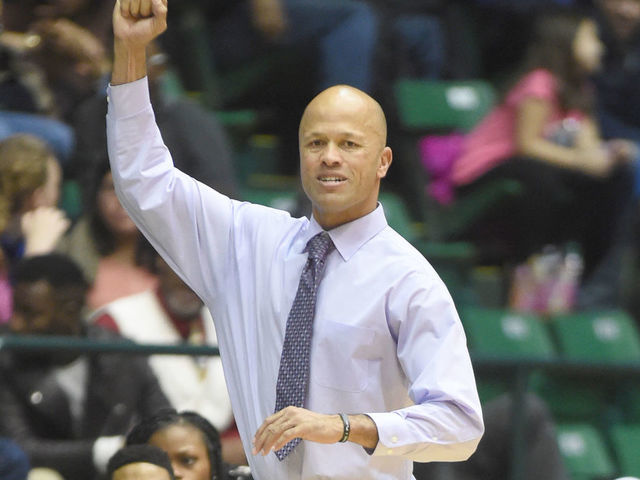St. Augustine University has joined the ranks of other HBCUs who are clearing the debts of their students. Learn about how the university plans to alleviate financial burdens on its students in the article by Kate Murphy at News Observer below.

Hundreds of students at Saint Augustine’s University won’t have to worry about their outstanding tuition and fee balances when they return to campus this fall.
The historically Black private university announced it is clearing students’ unpaid account balances from the 2021 spring, summer and fall semesters after all federal, state and private awards are factored in.
The estimated impact will top more than $9 million and help about 800 students who are eligible for federal Pell grants, according to the university. The money is coming from what Saint Aug’s received from the Higher Education Emergency Relief Fund in the Coronavirus Aid, Relief and Economic Security (CARES) Act this year.
This move allows SAU students who were not able to meet their financial obligations due to COVID-19 to continue their education.
“I come from a low-income, single-parent household and I am a first-generation high school graduate and first-generation college student,” rising senior McKenzie Estep said in a statement. “This type of support brings me one step closer to reaching my dream of starting a career with less debt and becoming financially stable.”
Students will still have to pay back their federal, state or private loans, but once they complete their FAFSA application and fall registration, their charges with the university will be gone.
St. Aug’s President Dr. Christine Johnson McPhail said in a statement that the university is “committed to delivering on our promise to be one of the nation’s best universities for personalized education, student life and affordability.”
Historically Black colleges and universities across the nation have been offering relief to recent HBCU graduates and returning students by clearing balances owed in tuition, fees and fines. Black college graduates owe an average of $52,000 in student loan debt, which is about $25,000 more on average than white graduates, according to data from the National Center for Education Statistics.
Shaw University used the COVID-19 stimulus package to relieve a total of $116,000 in debt for its graduates, Inside Higher Ed reported.
The money owed by Shaw graduates this year was unprecedented, particularly as students lost jobs during the pandemic, David H. Byrd, vice president for finance and administration and chief financial officer at Shaw, told Inside Higher Ed.
Shaw also used federal stimulus money to pay for summer school costs of about $1M for approximately 400 students ranging from $1,000 to $5,000 per student, Dr. Paulette Dillard, president and CEO of Shaw, said in a statement Tuesday.
The decision came after students weren’t registering for summer classes because of financial barriers, particularly as COVID-19 disproportionately affected the Black community, she said. The university wanted to provide returning students and incoming freshmen the best preparation for the fall semester on campus.



